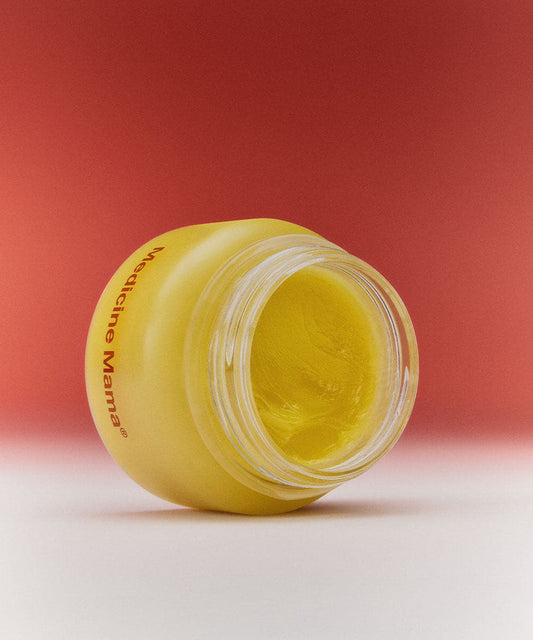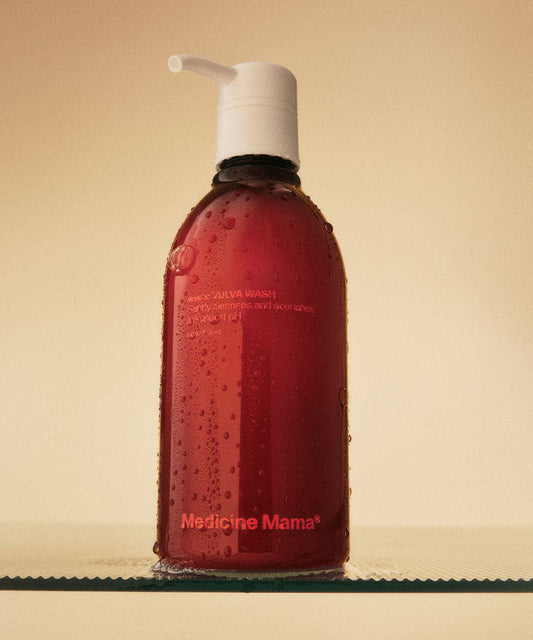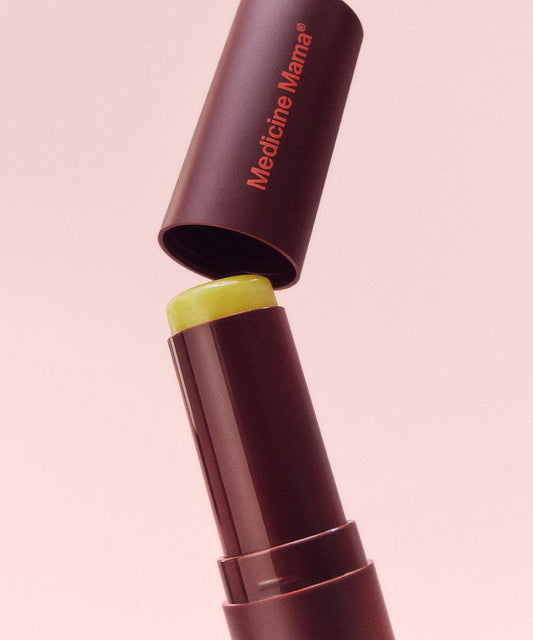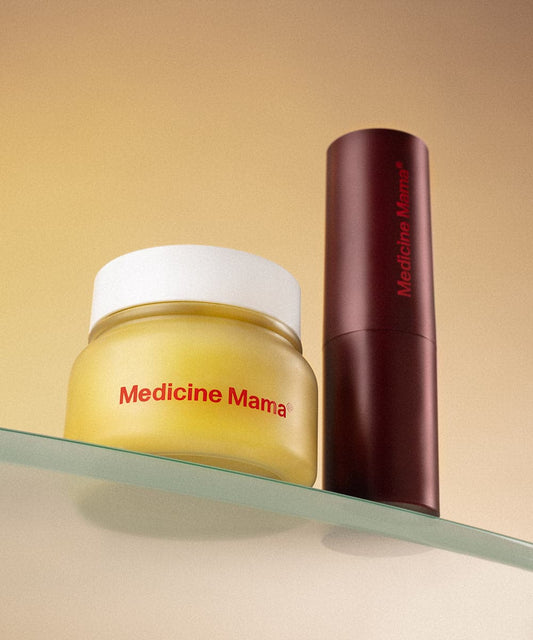Reviewed by | Dr. Clare Bertucio MD
Like many women’s health conditions, vulvar lichen sclerosus is often shrouded in mystery and misunderstanding. It’s something that might help you contextualize and address itching and discomfort in your vulvar area that you’ve probably never heard of unless you’ve gone down a rabbit hole of Googling.
This article is designed to shed light on living with this skin condition, from identifying the symptoms and understanding the causes to exploring effective management strategies.
Whether you're looking to educate yourself or find solutions to manage symptoms, our goal is to empower you with knowledge and support so that we can take proactive steps to address lichen sclerosus together.
What Is Vulvar Lichen Sclerosus?
Vulvar lichen sclerosus is a chronic skin condition that mainly affects the genital area of women, including the vulva and sometimes the anal areas. The condition is marked by white patches that may become thick and leathery from repeated scratching and irritation.
While it most commonly appears in postmenopausal women, it can affect anyone, including a smaller number of men and younger women. Because lichen sclerosus is an autoimmune disease, managing it involves keeping an eye on the symptoms and working to prevent them from getting worse over time.
If you're noticing changes in the sensitive skin of your genital area, understanding this condition is the first step toward managing your health. Not sure if this is a condition you should bring up to your doctor? Keep reading as we lay out the symptoms you should be looking out for.
What Are the Symptoms?
If you have vulvar lichen sclerosus, you might notice several symptoms that range from mild to severe. These include persistent itching, discomfort, and visible changes in the skin around your vulva and other genital areas.
As we’ve already touched on, the most obvious signs are white spots or larger white patches that might develop into blisters and even painful fissures if the skin becomes too thin.
Over time, this affected skin can scar, which might lead to complications like painful splitting — also known as fissures — and ulcers, which can further affect your quality of life. These symptoms can interfere with daily activities and cause you a lot of stress, even if it’s in small, seemingly minor ways, like a persistent itch.
Vulvar lichen sclerosus can also make sex uncomfortable, especially if you’re developing fissures or blisters. It’s important to both your physical and sexual health to monitor any changes and manage the condition proactively to maintain your overall comfort and health.
What Causes Lichen Sclerosus?
Lichen sclerosus is an autoimmune disorder, which means the condition triggers your immune system to mistakenly attack healthy skin cells in the genital area. The exact cause isn't known, but it's thought to be linked to an overactive immune response.
Because the affected area is often your genitals, it’s not uncommon to assume your symptoms are actually the side effects of an STI. However, while the symptoms of lichen sclerosus often affect genital skin, it’s not possible to get it from sexual intercourse.
There’s no shame, of course, in getting an STI (as long as you’re being transparent with partners and seeking appropriate treatment), but it can be helpful to make that distinction.
While it’s not clear how lichen sclerosus develops, several factors may increase your risk of developing lichen sclerosus. These include having other autoimmune diseases like thyroid disease, vitiligo, or alopecia areata.
Hormonal changes, particularly those related to menopause, can also make you more susceptible, as can a genetic predisposition to the condition. Knowing these risk factors is essential for early detection and managing the condition effectively to avoid complications.
Being aware of what triggers your symptoms can help you and your healthcare provider create a more effective treatment plan tailored to your needs.
How Is Vulvar Lichen Sclerosus Diagnosed?
Diagnosis of vulvar lichen sclerosus generally involves a thorough examination by a healthcare provider, often a dermatologist specializing in skin conditions affecting the genital area. A biopsy may be required to confirm the diagnosis, where a small sample of the affected skin is removed and analyzed under a microscope.
This procedure helps distinguish lichen sclerosus from other conditions with similar presentations, such as lichen planus or psoriasis, ensuring appropriate treatment.
When Should You Seek Medical Advice?
Because there are a variety of things that can present with similar symptoms, it’s important to visit your doctor or dermatologist whenever you notice persistent symptoms like those associated with lichen sclerosus.
This goes double if you’re at increased risk of things like vulvar or ovarian cancer due to conditions such as HPV, which may also predispose you to lichen sclerosus since it can impact your immune system.
If you’ve already sought treatment for lichen sclerosus and your symptoms don’t seem to be improving, speak to your doctor. Early intervention by a health care provider can prevent complications, such as sclerosis, and reduce the risk of squamous cell carcinoma, a type of skin cancer associated with chronic lichen sclerosus.
How Can You Manage Symptoms?
Because lichen sclerosus is an autoimmune condition, it unfortunately isn’t as easy to manage as other conditions that may be alleviated simply by taking a pill. Effective management of vulvar lichen sclerosus often includes regular use of topical corticosteroids, such as clobetasol or tacrolimus, to reduce inflammation and prevent further damage to the skin.
In addition to pharmaceutical treatments, self-care practices, such as choosing soft, breathable clothing and gentle skincare products, can significantly alleviate symptoms.
How Can Skincare Help?
When you’re managing conditions such as lichen sclerosus or simply wanting to keep delicate tissue comfortable day-to-day, choosing the right skincare products can make a meaningful difference alongside any medical treatments your clinician prescribes.
Below is a quick guide to three gentle product categories that work in harmony to soothe, protect, and respect the intimate skin of the vulva.
Vaginal Moisturizers
Vaginal moisturizers are rich, emollient blends created to replenish hydration and strengthen the skin’s moisture barrier.
Look for formulas that:
- Rely on plant-based oils or butters (such as organic olive, avocado, or coconut oil) to deliver long-lasting softness without clogging pores.
- Include natural humectants—think honey, propolis, or hyaluronic acid—that draw water into the tissue and help calm irritation.
- Provide a breathable protective layer that shields against detergents, excessive friction, or synthetic fabrics while allowing skin to heal.
Used nightly or whenever dryness strikes, a pea-to-dime-sized amount gently massaged onto the labia and surrounding tissue can ease itching, soothe fissures, and maintain overall vulvar comfort.
Vulva Washes
A mild, unscented cleanser designed exclusively for external vulva skin supports a healthy microbiome and prevents further irritation.
The best washes typically:
- Match the vulvar pH (around 4 – 5) to avoid disrupting the area’s natural acidity and protective flora.
- Skip harsh foaming agents; look for sulfate-free, soap-free bases that cleanse with creamy, low-lather surfactants.
- Soothe with botanicals like chamomile, calendula, or sage leaf extract, all known for their calming properties.
Using warm water and a quarter-sized amount of vulva wash, cleanse once a day (or as advised by your healthcare provider) to remove sweat and external irritants while keeping the skin soft and balanced.
Gentle Lubricants
Whether for everyday comfort or during intimacy, a vulva-friendly lubricant minimizes friction and supports healing.
Consider lubricants that:
- Are free of fragrance, glycerin, and parabens, all common culprits for itching or stinging on sensitive skin.
- Contain calming, skin-loving extras such as aloe vera, vitamin E, or calendula to cushion micro-abrasions and soothe post-use dryness.
Apply generously before any activity that might cause rubbing (think: exercise, intimacy, or even prolonged sitting) to maintain comfort and protect fragile areas.
Empowering You on Your Path to Relief
Vulvar lichen sclerosus is a significant condition that demands attention and care. Armed with a thorough understanding of the symptoms, causes, and treatment options, you can manage your condition effectively.
Disclaimer: The information provided on this blog is for general informational and educational purposes only. All content, including text, images, graphics, and other material, is not intended to be a substitute for professional medical advice, diagnosis, or treatment.
Always seek the guidance of your physician or other qualified health professional with any questions you may have regarding a medical condition, treatment, or wellness program. Never disregard the advice of a medical professional or delay in seeking it because of something you have read on this website.
Sources:
Vulvar Dermatitis: Causes, Symptoms, Diagnosis & Treatment | Cleveland Clinic
Managing common vulvar skin conditions | Harvard Health Publishing



